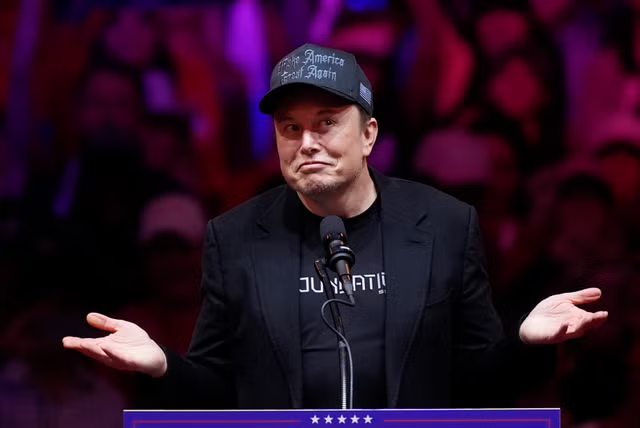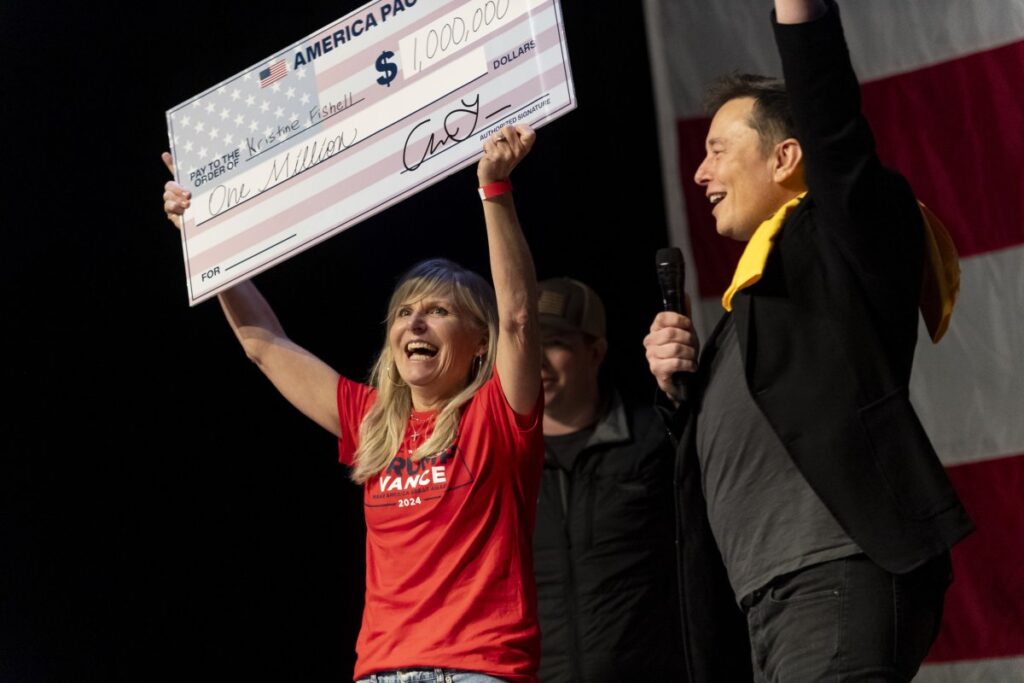Elon Musk has been ordered to appear in a Philadelphia courtroom after the city’s top prosecutor accused the world’s wealthiest person of illegally awarding $1 million to registered voters in the state.

The lawsuit, filed by Philadelphia District Attorney Larry Krasner, claims Musk’s political action committee is running an “illegal lottery scheme” to influence voters ahead of the 2024 election. The sweepstakes, which offers a daily $1 million prize to registered voters in seven swing states, has drawn warnings from election law experts that it could be seen as an illegal vote-buying operation.
Krasner’s office alleged that Musk’s posts about the contest on his social media platform X (formerly Twitter) “immediately triggered an avalanche of posts from Musk’s followers,” including “antisemitic attacks” against the district attorney and threats of violence. The complaint states that one account responded to posts about the lawsuit at least 19 times by “inviting political violence” and posting Krasner’s home address.
In response, Philadelphia County Court of Common Pleas Judge Angelo Foglietta moved the planned hearing on the lawsuit from Friday to Thursday, and ordered that all parties, including Musk and representatives of his America PAC, must be present.

Musk has defended the contest, claiming the petition supporting the First and Second Amendments is not designed to register people to vote. However, Krasner’s office argued the “random” drawing “appears to be false,” alleging that multiple winners have been individuals who have attended Trump rallies in Pennsylvania.
The lawsuit marks the first legal action against Musk’s stunt, which has also drawn a warning from the Department of Justice. Pennsylvania is at the center of growing litigation surrounding the 2024 election, with Musk’s case adding to the state’s high-profile election issues.
The court’s decision to expedite the hearing and require Musk’s attendance underscores the seriousness with which authorities are treating the potential for the billionaire’s social media activity to incite threats and undermine the electoral process. The outcome of this case could have significant implications for campaign finance and election integrity going forward.
independent.co.uk



